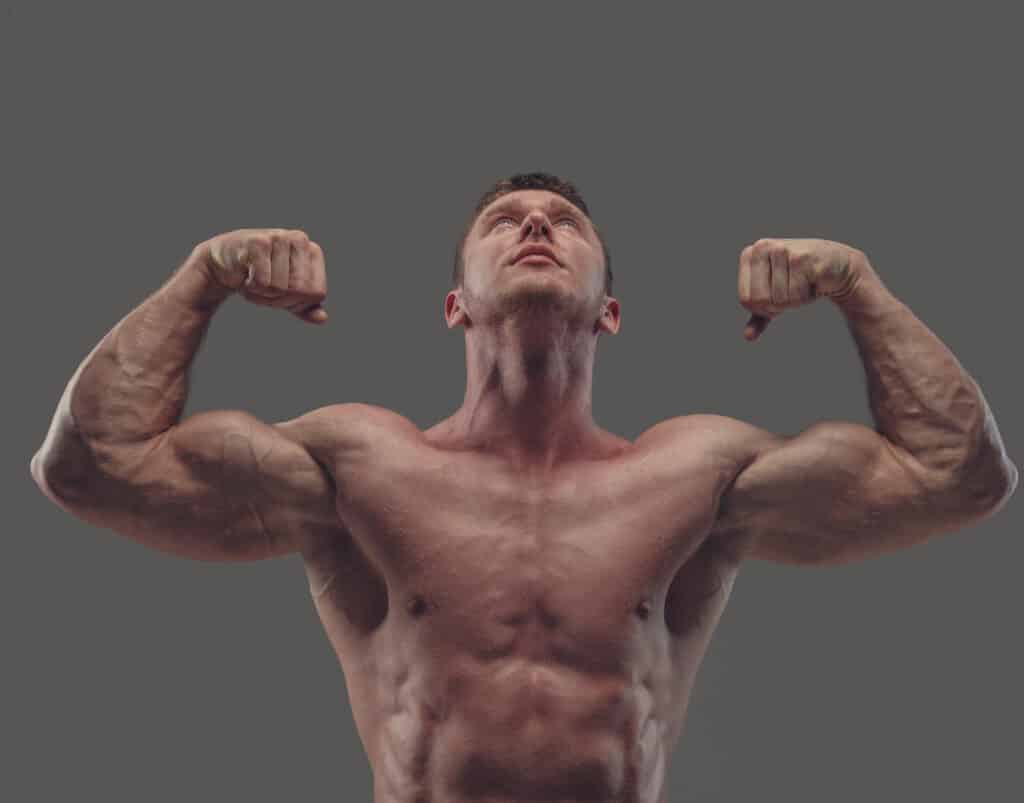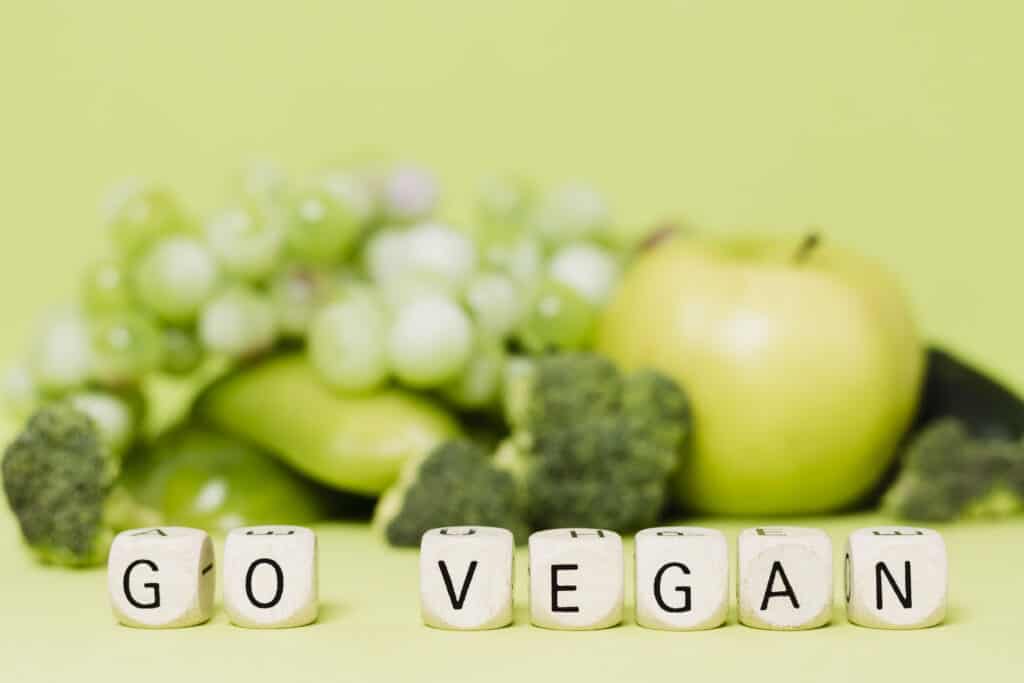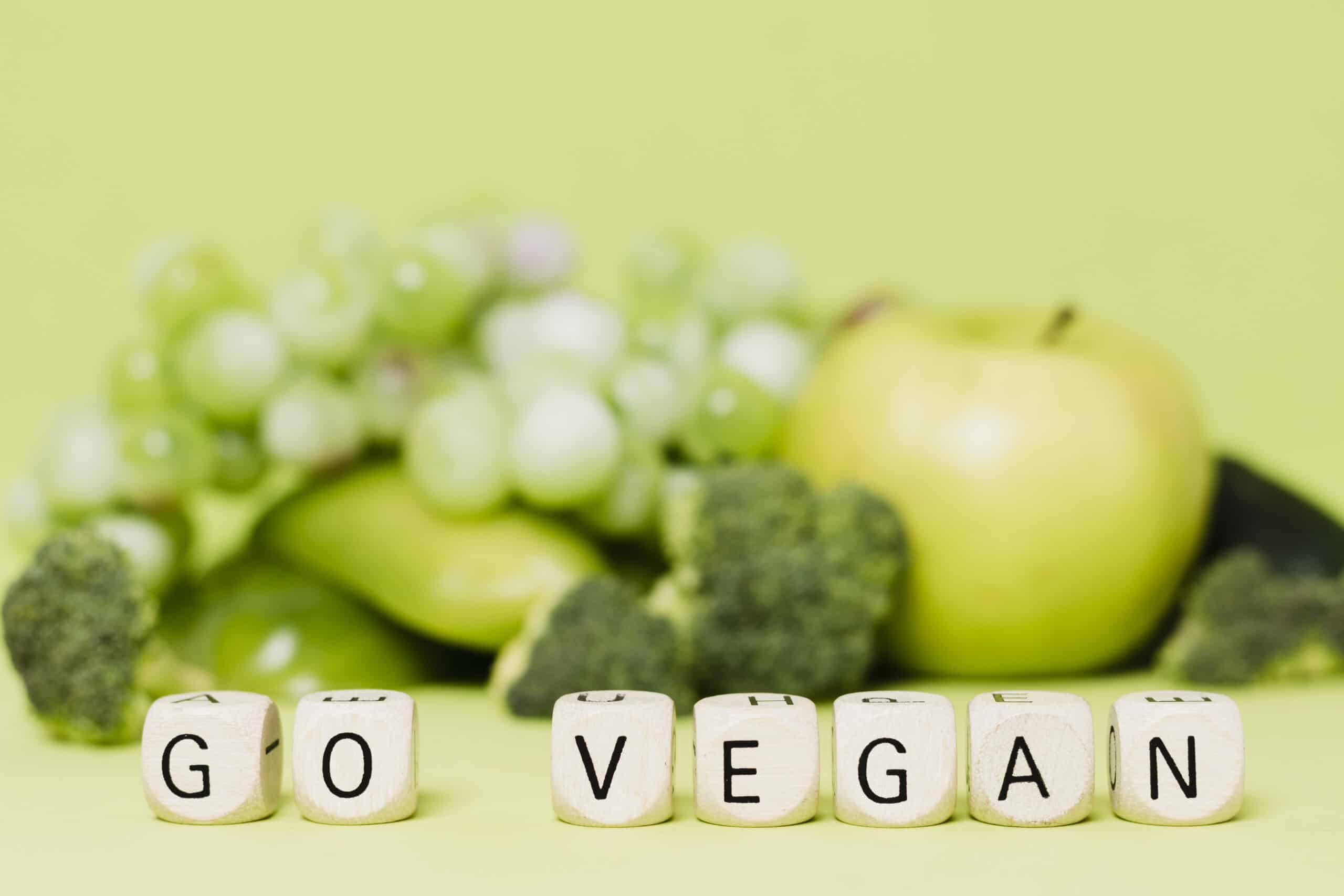No matter the type of diet, there will always be misinformation about it. The vegan diet is no different and is perhaps the most discredited one, especially when it comes to building muscle mass. Here are the facts about the vegan diet and how it can impact muscle gain.
Can a Vegan Diet Build Muscle?
As long as you eat the right things, any diet can be eaten when trying to gain muscle. This is because the most essential thing is protein, as this macronutrient is what’s broken down in the body to help your muscles recover and grow.
Too many people have confused perceptions of protein and subconsciously think protein equals meat. The truth is that protein can be found in many vegan-friendly foods, and you don’t need a diet full of chicken and beef to get the required protein to build muscle.
Common Vegan Muscle-Building Myths
Here’s the truth about some of the most common misinformation circulating in the health and fitness niche.
Myth #1: Vegan food does not have enough protein
The biggest misconception surrounding vegan food is that it lacks protein. The truth is that plenty of vegan-friendly food sources are packed with proteins and other muscle-building amino acids; you just need to know the right foods to eat.
When comparing chicken breast to tempeh, a tofu-like food made from soybeans, both have a similar protein content, with tempeh having 20 grams of protein per 100 grams while chicken breast has between 22-27 grams. Although slightly less, tempeh can be better for your overall diet due to its lower calorie content and high fibre content.
Other high-protein plant-based food includes edamame, nuts, and pulses, which can be used in your vegan diet to help you obtain the protein you need.
Myth #2: Vegan-based protein isn’t as good
The type of protein you eat is different depending on its source. For example, whey protein, extracted during milk production, has different properties to soya protein.
The truth is that the best type of protein depends on your goals, and you’ll want to pick the protein source that suits you. Even when looking at vegan protein, you’ll find that pea protein has a lot of fibre to keep you full, while brown rice protein is said to be better at boosting performance. Hemp protein powder is fattier, which can help the brain function and forms part of a diet that reduces the risk of Alzheimer’s, while a mixed plant protein source can give you the best of everything. If you have a varied vegan diet, your protein will be as good as animal sources.
Myth #3: It’s harder to grow muscle as a vegan
To grow muscle, you must consume around 2 grams per kilogram of body weight per day. As long as you reach the protein benchmark consistently, you should see growth. It doesn’t matter what diet you consume to get that protein, and just because you’re vegan doesn’t mean it’s harder.
Some foods do contain more protein than others, and a typical carnivorous diet will indeed have more protein than a standard vegan diet, but there’s no evidence to suggest that eating more than this 2g/kg will produce greater results.
Plus, some research has shown that having a plant-based diet can be advantageous over other methods. This is because a plant-based diet can improve recovery time between workouts. This can help you perform better at the gym and get more out of your sessions.

Best Vegan Food for Muscle Growth
If you want to build muscle while avoiding animal products, some food choices are better than others. Here are some of the top vegan foods high in protein.
1. Quinoa
Quinoa is a type of seed. It doesn’t have the most protein compared to other vegan options, only offering 4 grams of protein per 100 grams, but it’s good to eat as it’s a complete protein.
Being a complete protein means it contains all 22 amino acids, which can help with muscle recovery, protein synthesis, and more. It’s a great alternative to rice and couscous for this reason.
2. Pulses
Pulses are the name for seeds that grow in pods, meaning that all beans, peas, and lentils are considered pulses. Regardless of the pulses you eat, they’re usually low in fat and can help jazz up your vegan meals.
Red and puy lentils are the highest protein-rich pulses, offering around 8 grams per 100 grams, but other great options include chickpeas, baked beans, and even the common garden pea, which packs in 7 grams of protein per 100 grams.
3. Nuts
Nuts are an excellent option for vegans looking to add protein, as, unlike other food options, you don’t need to eat many of them to get a protein boost. For example, you can get 6g of protein from a handful of almonds and walnuts. This makes them great for snacking between meals or can be added to a salad to increase the meal’s muscle-building properties. Do be careful when eating nuts, they can be pretty fatty and high in calories due to added oils and sugar.
4. Tofu
Tofu is a great vegan option because it offers 8 grams of protein per 100 grams. It’s a staple of the vegan diet because it’s versatile and can be flavored and cooked in many different ways. For those new to the vegan diet, tofu makes a great meat alternative and is often the base ingredient for vegan burgers. Tofu is a bean curd made from soya beans and has a chewy and soft texture.
Conclusion
With the facts in front of us, it’s clear that it’s possible to build muscle effectively on a vegan diet. As long as you eat the right foods, it doesn’t take too much work to consume the required amount of protein you need. When paired with a varied exercise regime that includes weight training, HIIT, and yoga or pilates exercises, you should be able to achieve great results and sculpt the body you’re aiming for.
Stay Strong Together
Try the award-winning Jefit app for your next workout. Take advantage of Jefit advanced exercise database for planning & tracking your strength training workouts. Named best app for 2023 by PC Magazine, Men’s Health, The Manual, the Greatist and many others. The app comes equipped with a customizable workout planner and training log. The app also has ability to track data. It can also audio cues, and even has the ability to share workouts with friends. Visit our members-only Facebook group. Connect with like-minded people, share tips, and advice to help get closer to reaching your fitness goals.
- 3 Exercises that Will Increase Your Bench Press - December 22, 2023
- 10 Tips to Create Your Best Fitness Routine Yet - December 20, 2023
- Does Losing Body Fat Help Improve Longevity? - December 18, 2023



